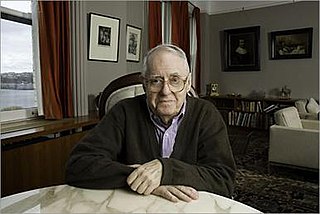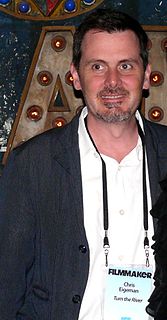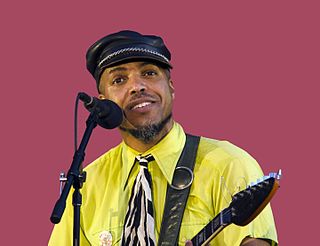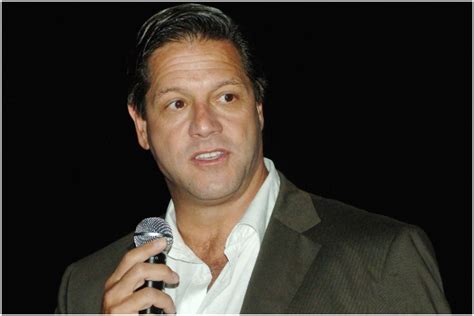A Quote by Michael Sheen
I'd love to go back to Europe in the '20s and '30s, for the beginning of the Psychoanalytic Movement, and Freud and Jung, and all that was going on with discoveries in quantum physics. The whole nature of reality was changing and being challenged.
Related Quotes
Freud, Jung thought, had been a great discoverer of facts about the mind, but far too inclined to leave the solid ground of "critical reason and common sense." Freud for his part criticized Jung for being gullible about occult phenomena and infatuated with Oriental religions; he viewed with sardonic and unmitigated skepticism Jung's defense of religious feelings as an integral element in mental health. For Freud, religion was a psychological need projected onto culture, the child's feeling of helplessness surviving in adults, to be analyzed rather than admired.
We could tell them [alien civilization] things that we have discovered in the realm of mathematical physics, but there is stuff that I would like to know. There are some famous problems like how to bring gravitation and quantum physics together, the long-sought-after theory of quantum gravity. But it may be hard to understand the answer that comes back.
Quantum physics is the physics of possibilities. And not just material possibilities, but also possibilities of meaning, of feeling, and of intuiting. You choose everything you experience from these possibilities, so quantum physics is a way of understanding your life as one long series of choices that are in themselves the ultimate acts of creativity.
Erwin Schrodinger has explained how he and his fellow physicists had agreed that they would report their new discoveries and experiments in quantum physics in the language of Newtonian physics. That is, they agreed to discuss and report the non-visual, electronic world in the language of the visual world of Newton.
Mythologies were the earliest dreams of mankind, and in the psychotic delusions of his patients, Jung believed he was encountering those dreams again. Freud, too, believed that the psyche retained archaic vestiges, remnants of our earlier mental world. But for Freud these were a burden we were forced to repress. Jung instead would see them as a reservoir of vital energy, a source of meaning and power from which, through the over-development of our rational minds, modern mankind has become divorced.
Unlike Freud, Jung did not believe that a dream is a mask for a meaning already known but deceitfully withheld from the consciousmind. In his view, dreams were communication, ideas expressed not always straightforwardly, but in the best way possible within the limits of the medium. Dreaming, in Jung's psychology, is a constructive process.




































